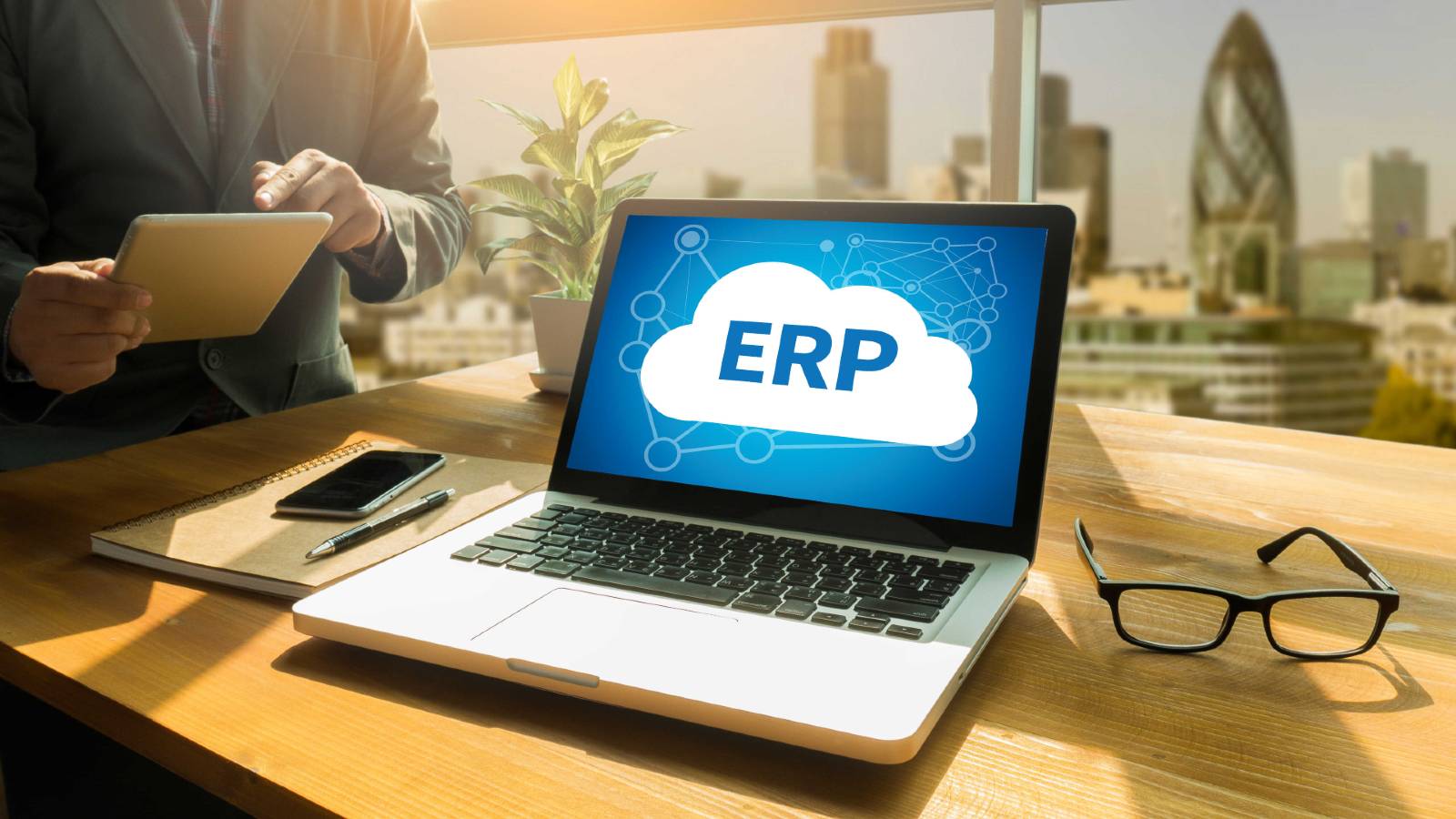Understand business and system requirements
Every business will have slightly different needs and requirements, and it is essential to have them clearly outlined before selecting an ERP solution. Do a thorough business process analysis and be sure to include all key players in the organisation. When implemented correctly, ERP affects all components of a business – HR, accounting, supply chain, logistics, customer support, and more. Understanding the needs of all of those departments, what the current processes are and how they can be improved and selecting all of that in mind is vital to a successful implementation.
Understand costs
An ERP system is a significant investment, but it will pay off long term if done right. Of course, the key is "done right", and part of that includes doing a thorough cost analysis. Consider, for example, the total cost of ownership (TCO) of an ERP solution over a set period – three or five years. Factor in not only the cost of the software, but maintenance fees, licensing, any third-party requirements, staff training, and more. This will create a much clearer picture of the solution's price and allow a better evaluation of costs versus benefits and the potential for return on investment (ROI).
Understand future needs
Ideally, an ERP solution will help businesses achieve digital transformation, create long-term cost benefits, and be flexible enough to adapt to future technology implementations while still integrating with current software. It sounds like a lot to ask, and while it is impossible to see into the future entirely, a good ERP partner will help determine the right questions to ask to make that vision a little clearer. Future-proofing an ERP solution goes a long way to maximising return on investment.
Work with the right partner.
Knowing what questions to ask is just the first of many things, the right ERP partner should do. When seeking an ERP solution, businesses should look for more than a software vendor to make the sale and move on. A solution provider that works with their customers, helping along each step of the purchase, installation and implementation process is vital to a successful ERP solution. Research to find out what past clients have to say about each vendor and select one that will get to know the existing network and infrastructure, understand the current problems and desired outcomes, and act as a right partner who wants to ensure each ERP's success solution they install.


